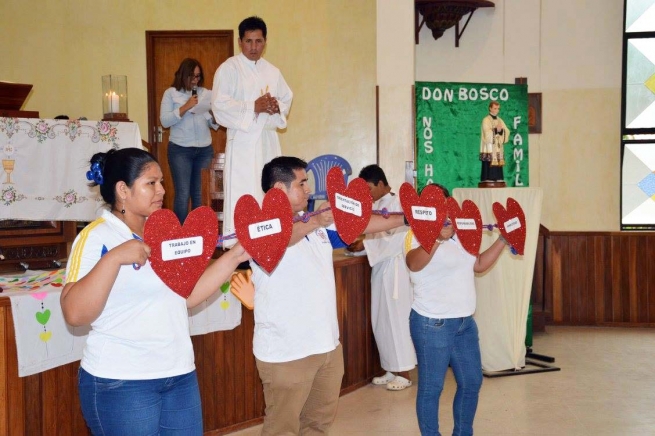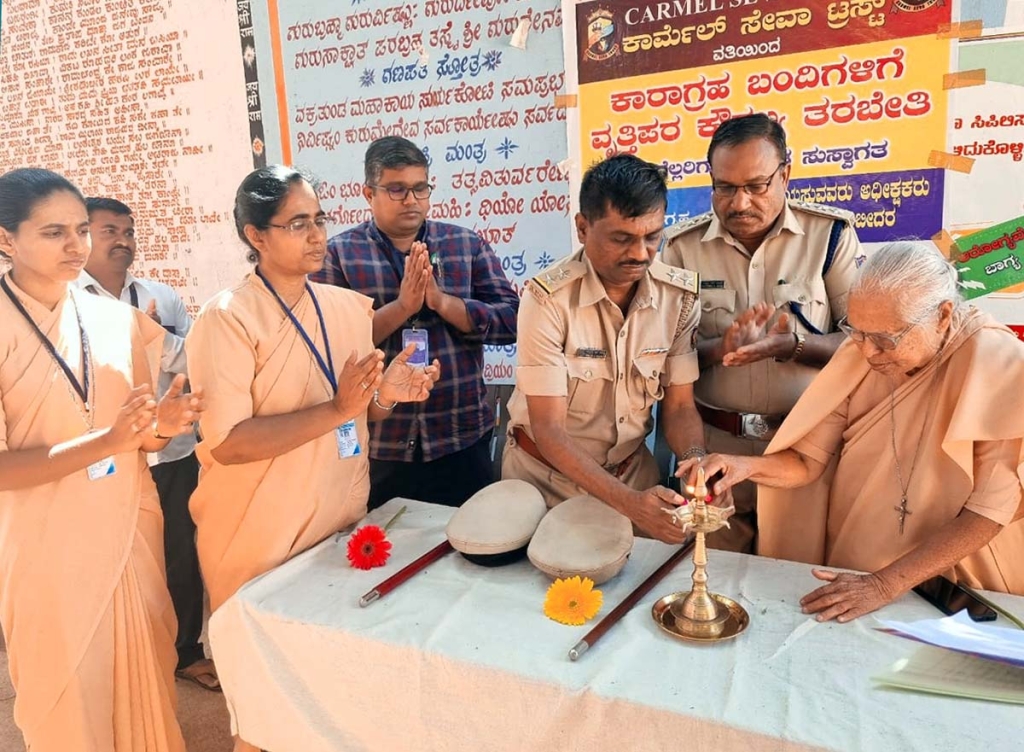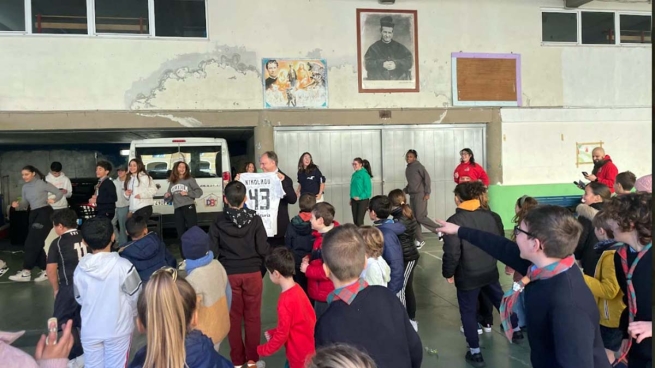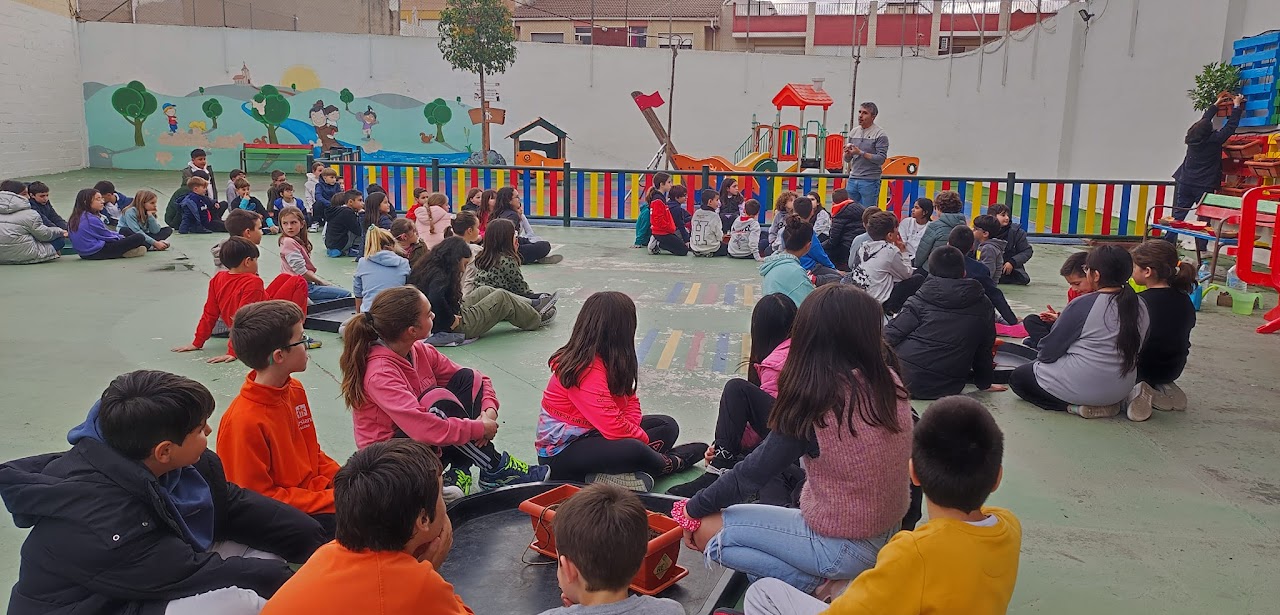BOLIVIA: Youth Volunteers Help Support the Activities of the Don Bosco Project

(MissionNewswire) Salesian missionaries in Bolivia encourage youth volunteerism as a way to give back to local communities. Each year in January, youth come together with a desire to serve others. This year, 54 youth gathered in the city of Santa Cruz as part of the Don Bosco Project. They met initially to obtain their volunteer assignments, learn more about being a volunteer and get to know each other.
The youth then spent the following two weeks volunteering with children playing games, facilitating leisure activities and working at the Salesian-run organizations of Hogar Don Bosco. Mano Amiga, Patio Don Bosco and Techo Pinardi.
“Volunteering provides a great way for youth to take skills they have learned in the classroom and apply them in the real world,” says Father Mark Hyde, executive director of Salesian Missions, the U.S. development arm of the Salesians of Don Bosco. “Young volunteers also provide great role models for younger children in Salesian programs. With the high number of street children in Salesian programs in Bolivia, it’s a good example for young children to see how much older youth who came from the same circumstances have been able to accomplish.”
The Don Bosco Project provides comprehensive rehabilitation and vocational training programs that bring social inclusion and meaningful employment to their students. Extending beyond emergency shelter, clothing and nutritious meals, the project brings together psychologists, social workers, healthcare staff and teachers who work together to address the needs of close to 2,000 children who access primary and secondary schooling and vocational education.
There are several ways in which youth connect with the programs provided at the Don Bosco Project. A free overnight shelter brings youth in off the streets and connects them with adults who show genuine concern and offer support. The shelter provides a safe environment, nutritious meals and a support network that can be life changing. A daytime program is also available for youth who are ready to escape their current situation and explore new opportunities. Here, Salesian staff offers tutoring to help youth catch up on basic studies and return to school as well as information on specific trades. In addition, there are opportunities for participation in sports and other constructive group activities.
For young people age 15 and older who have demonstrated a commitment to leaving the streets behind, there is the opportunity to study at the Michael Magone House. Youth learn trades such as carpentry, auto mechanics and hair dressing that lead to stable employment and provide the opportunity to escape poverty and give back to the students’ communities. The Don Bosco Project helps youth in Bolivia to see all that life has to offer and provides them the practical skills to leave life on the streets behind and connect with the educational and social resources to lead a more productive life.
“The Don Bosco Project is now beginning a new phase in its history building off the accomplishments of the last 25 years,” says Father Octavio Sabbadin, a Salesian priest involved with the Don Bosco Project. “We have specific objectives that still need to be achieved with the support of our Salesian community in order to best provide programs and services to youth in need.”
Don Bosco House also brought together 1,300 youth who were hosted in the 32 centers within the Don Bosco Project network. The theme of the event “Don Bosco makes us Family” served to promote the family spirit among youth who have been deprived of their biological family, but who found a sense of family in the Salesian program.
Bolivia is the poorest country in South America and has the most unequal income distribution on the continent. According to UNICEF, 60 percent of Bolivians live below the poverty line with 40 percent of those living in extreme poverty. The poverty rate is higher in rural areas where the rate increases to 75 percent of the population. It is common for Bolivians to struggle to find adequate nutrition, shelter and other basic necessities.
The geography of Bolivia contributes to the overwhelming poverty of its residents. Large swaths of the country remain undeveloped with a lack of roads and infrastructure in place, negatively impacting the indigenous farming populations who typically live there. Only half of rural children complete primary school and many others leave school to help support their families, according to UNICEF. There are others who are left homeless by parents who cannot afford to care for them and those who leave their homes to escape violence.
###
Sources:
ANS – Bolivia – 25 years of the Don Bosco Project: “Commitment of young people towards the poorest”
UNICEF – Bolivia




